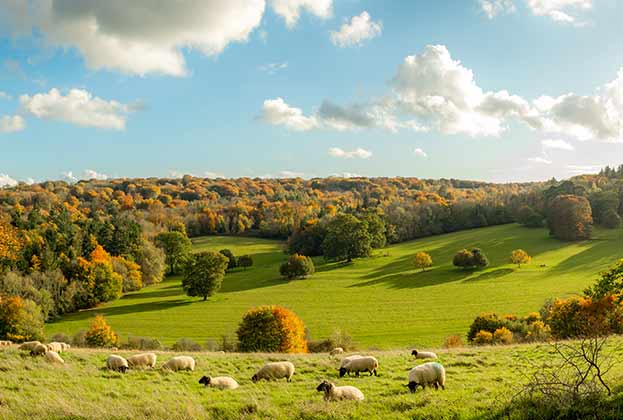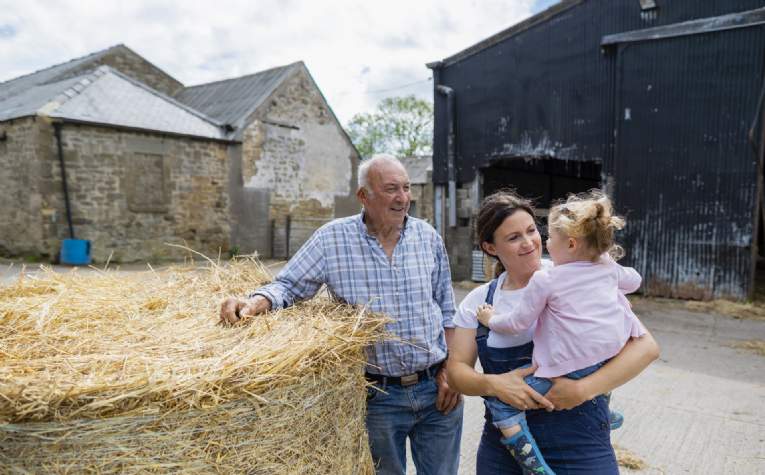The announcement that the crop diversification requirements known as the ‘three crop rule’ will be relaxed for 2020 will be welcome news for farmers affected by flooding. The fifth wettest autumn on record, closely followed by storms Ciara and Dennis, saturated fields and prevented farmers from completing their winter cereal drilling.
Savills rural research team’s spring planting intentions survey conducted in February, found that 15 per cent of the participating farmers had not been able to drill any winter cereals at all. The majority had sown some winter cereals but on average had been unable to sow 46 per cent of the winter cereals they had planned. The agricultural and horticultural development board’s (AHDB) Early Bird Survey predicts that even when spring wheat is included, the wheat area harvested in 2020 will be just 1.5 million hectares which is 17 per cent lower than last year.
Compared with 10 years ago, 62 per cent of the farmers are drilling their winter cereals later, while 28 per cent have not changed their planned drilling dates. All of those who were drilling later said the change was part of a strategy to help control blackgrass, a trend which has been seen across the industry as the effectiveness of chemical control has declined.
The last six months highlight the incompatibility between the delayed drilling blackgrass control strategy and predictions that due to climate change the UK will have wetter winters and experience more extreme conditions. For some, switching to a direct drilling system which is more weatherproof could allow later crop establishment and reduce the risk of ground conditions preventing progress. However this system is currently dependent upon the continued availability of the herbicide glyphosate which had a challenging licence renewal process last time around.
While opinions were divided over whether the season has been a consequence of a more variable climate or can be considered a one off, 41 per cent of the farmers who participated in our survey are planning to make changes to their cropping, rotation or machinery to improve the resilience of their farm business to the impact of wet weather.
Looking at the bigger picture, farmers’ exposure to risk within agriculture is changing. As the Government phases out direct payments over the agricultural transition period, the financial safety net or cushion which many businesses rely upon will be eroded. As direct payments reduce and farmers’ margins tighten, their vulnerability to risk will increase. And this comes at a time when the importance of resilient domestic food supply is front and centre of consumers’ and policymakers’ minds.
Input prices may reduce due to there being less subsidy money in the rural economy, and this would alleviate some of the pressure, but is out of farmers’ control. Rather than hope this provides a partial solution, farmers should take a fresh and critical look at how their business operates, their structure and costs and ask whether doing things differently could cut costs and improve their resilience.
It remains to be seen whether the impact of coronavirus on food service and retailers becomes a temporary or permanent influence on farmers’ relationships with their supply chains.
Further information
Contact Savills Rural Research
.jpg)
.jpg)
.jpg)
.jpg)
.jpg)

.jpg)


.jpg)
.jpg)